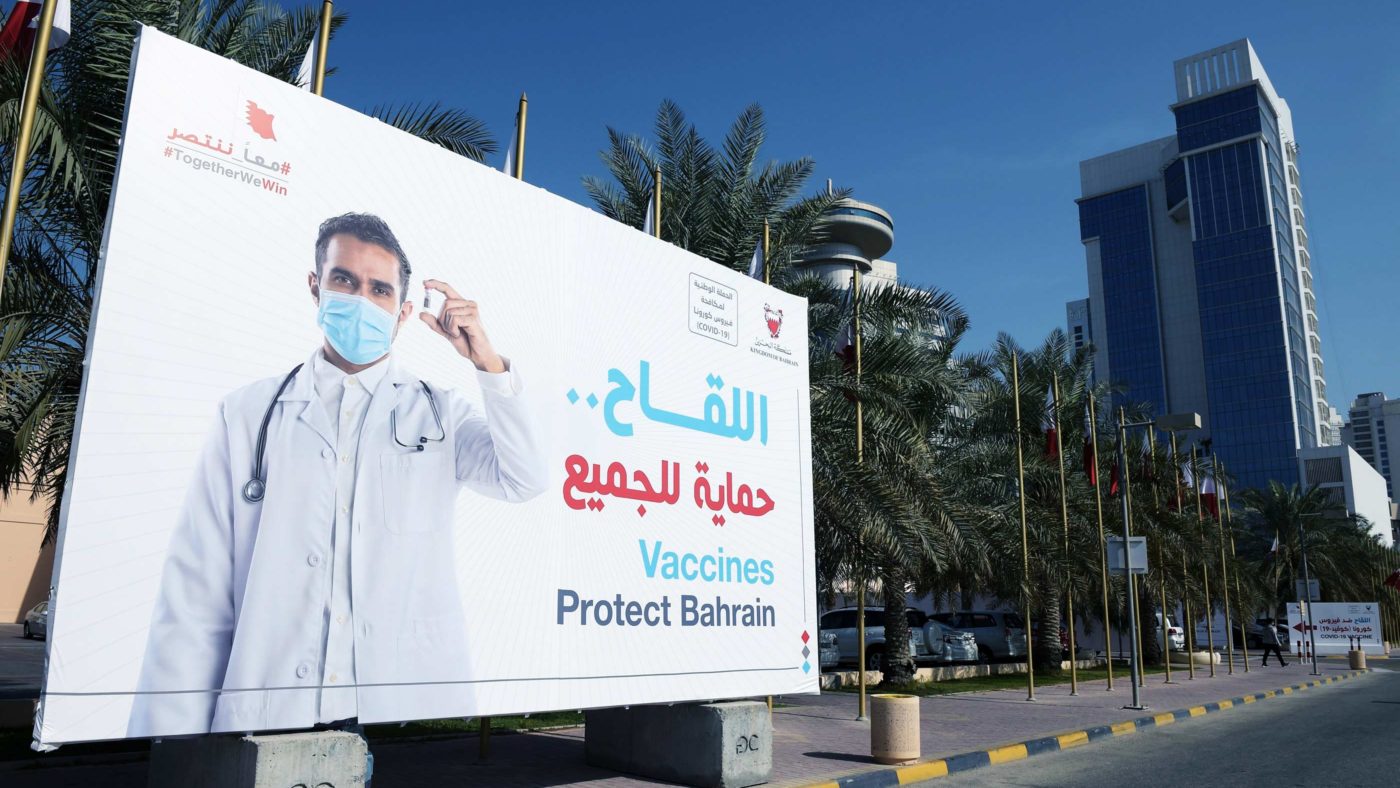Last month, President Biden pledged $4bn to the global COVAX scheme, whilst ironically issuing a Trumpian declaration of ‘America First’ when it comes to jabs. That stance was by no means unique to the United States, though it once again highlights where the major vaccine inequalities lie. In the world’s poorer nations, but also in those with little to no medical research and production infrastructure.
Over the past year, recognising that they fell into the second category, Middle Eastern nations have undertaken intensive efforts to address this glaring gap in their Covid toolkit.
In economies dominated by state-generated oil revenues, there has been a relatively recent drive to increase the role of the private sector. Liberalisation of foreign ownership regulations, more generous permanent residency rules, tax breaks and state subsidies have all been deployed by Middle Eastern governments to attract foreign companies. To some extent this has been successful, with an increase in the presence of major international firms in cities ranging from Dubai to Manama to Jeddah. However, amongst the world’s top 25 nations for FDI attractiveness, only one is from the region, showing how these efforts hadn’t gone far enough.
In 2016, the European Investment Bank published a report highlighting how poor support for business stifled innovation and constrained the development of private industry in the Middle East. This, the EIB said, was a key factor in why the region had long had a relatively small private sector. Five years and one pandemic later, however, and there is growing evidence that the state has in fact bolstered private innovation by partnering with, rather than holding back, companies in a coordinated effort to fight Covid 19.
The pandemic, as with so many other aspects of life, has triggered an unexpected shift in the way prominence of public-private partnerships. Just look at the global vaccination programme, which is only happening because of private sector expertise coupled with state backing and infrastructure. In Western countries where this has been the norm for centuries, it is perhaps less of a phenomenon to marvel at, however in the Middle East, it could signal the development of a truly new economic culture.
Israel and its Covid response, particularly its world-leading vaccine rollout, is the highest profile example. Partnering with Pfizer to guarantee uninterrupted supply in return for providing real world vaccine efficacy data the company can use to bolster sales elsewhere, is arguably the finest example of a win-win public-private partnership. Although the PPP culture is far more embedded in Israel than elsewhere in the region, this is public-private cooperation as we’ve never seen it before.
Elsewhere in the Middle East, countries with more limited experience of PPP have enabled on an unprecedented scale. In the UAE, G42 Healthcare has led on developing clinical trials and vaccine production infrastructure, both a first for a region that had precious little medical research capability prior to the pandemic. Government support has again been crucial in this unprecedented endeavour, clearly recognising the long-term economic and social potential of enabling a company like G42 healthcare to establish this previously absent infrastructure.
In Bahrain, collaboration with the private sector has been critical for it’s world-leading test and trace BeAware app, which is now due to transform into one of the globe’s first vaccine passports, a path many other countries are likely to follow. All these collaborations, with the state recognising the need for private sector support like never before, are perhaps the first signs of a loosening state influence in Middle East economies. With the Abraham Accords, it is increasingly likely we will see the prevalence of PPPs which began in the pandemic crossing borders within the region.
Of course, the Middle East is by no means the only region with exemplar case studies of effective Covid-related PPPs. However, it is thanks to the pandemic that we have finally seen the long mooted ambition for a greater private sector role become a reality. The benefits have been clear to see, it is now on Middle East states to ensure they don’t revert to past ways and reverse all this progress.
Click here to subscribe to our daily briefing – the best pieces from CapX and across the web.
CapX depends on the generosity of its readers. If you value what we do, please consider making a donation.


